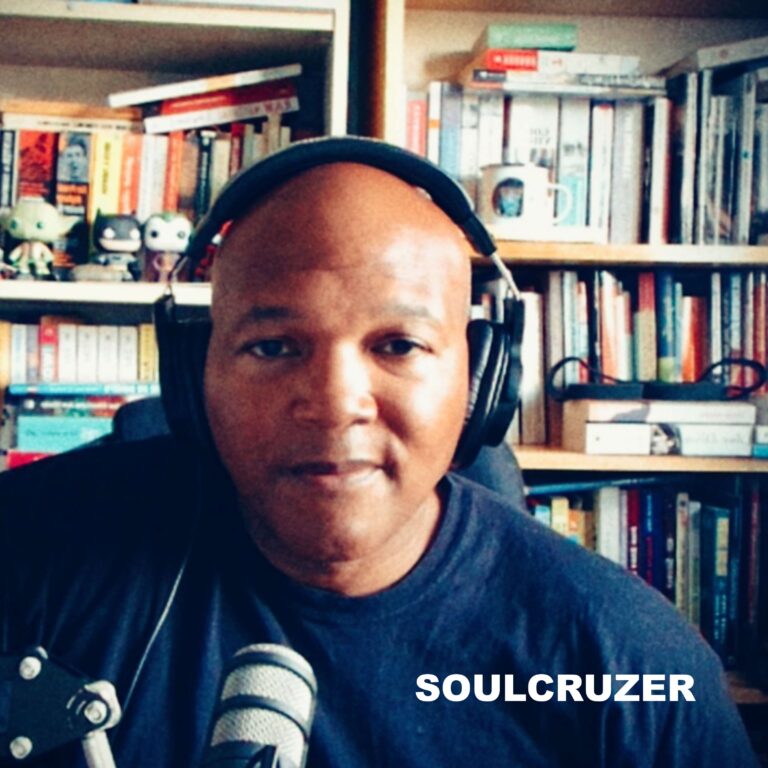but i felt like exploring the idea of a populist national revolution in light of Inauguration Day in the States.
Reading the recent NPR piece about Donald Trump, Elon Musk, and Steve Bannon’s roles in the new administration’s Inauguration Day in 2025 felt like stepping into a live experiment in populist national revolution. The article is dense with symbolism: billionaires as standard-bearers of populism, unconventional coalitions shaping the national narrative, and the glaring contradictions of wealth-driven figures championing “the people.” It’s a perfect frame to explore what this idea of a populist national revolution really means—and what it reveals about the moment we’re living in.
The Billionaires’ Revolution?
At first glance, the phrase itself feels contradictory. How can a movement grounded in “the people versus the elites” be led by individuals like Musk, Trump, or Bannon, all of whom sit at or near the pinnacle of power? Yet this paradox is one of the defining traits of modern populism.
The NPR piece captures the tension: on the surface, this is a revolution against globalisation’s elites—against institutions, bureaucracy, and centralised authority. But the champions of this movement are themselves elites, albeit ones who frame their power as outside the traditional establishment. Musk, for example, is cast as a disruptor, a maverick whose wealth and influence are presented not as a threat but as proof of his capability to remake the system.
This inversion—elites repackaging themselves as anti-elite—reflects the way populism often reshapes political landscapes. It’s not about who holds power; it’s about the story they tell about that power. Leaders like Trump and Musk present themselves as embodiments of the people’s will, promising to return control to “ordinary Americans” while wielding extraordinary influence.
Nationalism in the Mix
The inauguration’s focus on American identity also highlights the nationalist element of this revolution. From Trump’s ongoing “America First” rhetoric to Bannon’s fascination with cultural sovereignty, the movement insists on a return to something pure, untainted, and authentically national.
But national identity, like populism, is a contested space. Whose America is being championed here? The NPR piece doesn’t shy away from noting the exclusions baked into this narrative. For all its talk of uniting the nation, this brand of nationalism tends to divide—framing immigrants, globalists, and progressives as threats to an imagined golden age.
It’s a stark reminder that while populist national revolutions promise inclusion, they often thrive on drawing boundaries between “us” and “them.” This dynamic fuels both the energy and the danger of such movements.
Revolution or Reinvention?
What strikes me most about this moment is how it blurs the line between revolution and reinvention. The NPR piece paints a picture of dramatic change: a shake-up of norms, institutions, and global alignments. Yet at its core, this movement isn’t about dismantling power—it’s about redistributing it to a different group of elites.
This isn’t necessarily new. Revolutions throughout history, from the French Revolution to the Bolsheviks, have often ended with new hierarchies replacing the old. What feels different here is the way the language of revolution has been co-opted without fundamentally challenging the structures of wealth and influence. The result is a populist national revolution that disrupts the surface while leaving deeper inequalities intact.
The Promise and Peril
Reading the NPR piece left me grappling with the potential of this moment. On one hand, there’s something undeniably powerful about the energy behind populist movements. They speak to real frustrations—about economic inequality, cultural alienation, and the loss of agency in a hyper-globalised world.
But as the article shows, this energy can just as easily be channelled into exclusion, division, and consolidation of power. The promise of a populist national revolution is that it will empower the many. The peril is that it often empowers the few while using the rhetoric of the people as a shield.
A Moment to Reflect
So where does this leave us? As I reflect on the NPR piece and the broader concept of a populist national revolution, I’m struck by how much it demands from us as observers, citizens, and participants. It asks us to look beyond the headlines and slogans, to question who benefits from these movements and whose voices are left out.
This moment feels like a mirror, reflecting both our collective hopes and our deepest anxieties. What we see in that mirror depends on where we stand—and whether we’re willing to confront the complexities beneath the surface.
I’d love to hear your thoughts. How do you see this movement shaping the world we live in? Does it inspire you, alarm you, or both? Let’s keep the conversation going—because understanding the forces reshaping our society is the first step toward shaping a future we can all believe in.
Discover more from soulcruzer
Subscribe to get the latest posts sent to your email.








These are interesting days indeed and I liked the observational view point. My thoughts are as follows:
Humans thrive stories and through the ages those that become leaders are often master story tellers. In this case our former colony (I had to get that in!) is listening to a story of past glories spanning a 150 years with the promise to relive them in the next 4 years.
The glories are the high points when auto workers skipped to the factory, soldiers in Vietnam all returned home with tales of adventure, when the border to the south was respected, when wholesome cowboys tamed the land and cotton plantations were blessed co-operatives.
So we have to recognise that democratic populism has out smarted the drifting democratic drudgery. The drudging politicians just weren’t exciting enough. After all who wants to hear the same story enacted over and over?
Interesting days indeed.